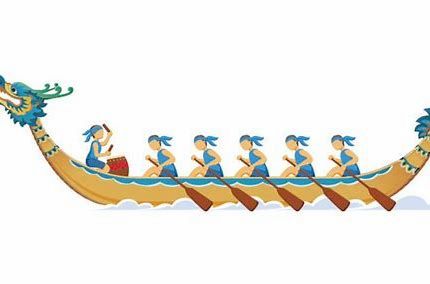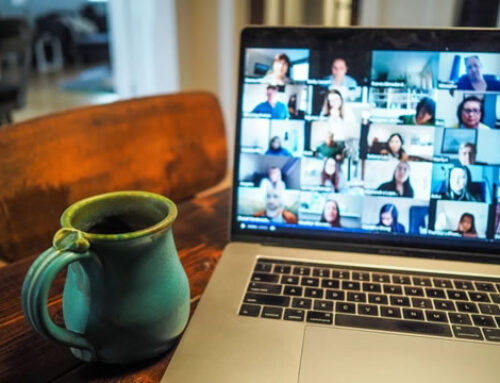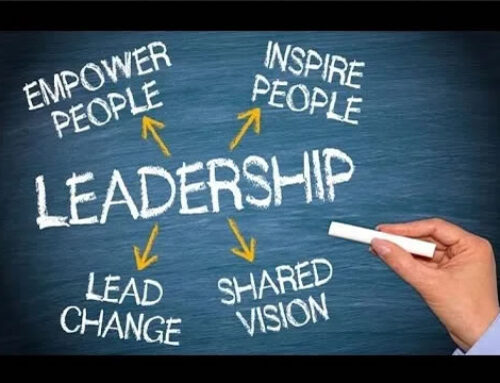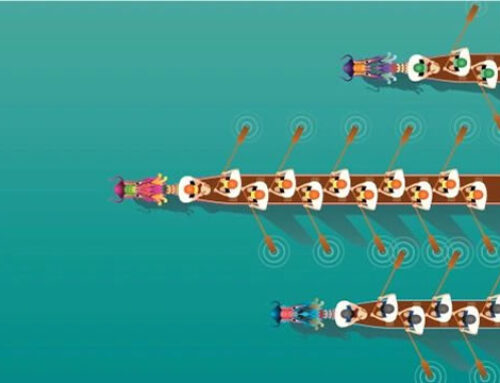
Last summer I paddled with an office Dragon Boat team in a race sponsored by Gilda’s Club of South Jersey. It was a bittersweet day for me, both then, and now, as I reflect back on the day. A few days prior to the race I announced I was leaving my healthcare IT career and moving cross country. Being on that boat with the team from my department triggered the emotions that surrounded leaving an organization, a team and a life that was so dear to me and starting over in a new state and new career.
Fast forward to today. I’ve moved across country, embarked on my encore career as a leadership coach, and, wait for it: I’ve joined a Dragon Boat team! In a sense, being a part of the Pink Paddlers has linked me back to many of those things I remember about that day last summer. Joining this team of breast cancer survivors and warriors has been inspirational as well as hard work. I’m finding that I’m reconnecting with the feelings and, yes, the courage, that I felt when I faced my own health challenges so many years ago. In the short time I’ve been involved with this group, I’ve learned a lot about paddling, of course, and mostly I’ve learned about thriving in the face of challenges.
As leaders, we all face challenges, big and small, on a daily basis. So many things influence us and impact how we approach goals and evaluate our own performance. Here are a few to think about.
KNOWING WHAT YOU REALLY WANT
OK, so the Pink Paddlers want to paddle well. We have a race coming up in a week or so, and we are all committed to finishing well. That’s an outcome-based or a performance goal, which most leaders would consider a valid goal and call it a day. But there is something more that we can call a “Core Goal” that moves us beyond a single outcome. Core Goals reflect what we ultimately desire, or what we really want. Those sound more like this: they are the feeling of satisfaction or triumph, happiness or joy that comes from achieving the performance goal.
As leaders it’s great to explore what we REALLY want, not just the specific outcome. At yesterday’s practice, there was one drill that, when completed, our coach asked, ‘how did everyone feel that time’? And the unanimous answer was that it felt good, felt right, felt like the team was in sync. So, when setting goals as a leader for yourself or with your team, remember not only the outcome you are looking to achieve from a performance perspective, also look at what is the result of accomplishing that goal (the why) and what can the team learn in order to perform better the next time.
MASTERY ORIENTATION
The Institute for Professional Excellence in Coaching (iPEC) characterizes goals according to two perspectives: Mastery vs. Performance Orientation. iPEC defines a mastery orientation as “the desire to continually develop to the best you can be”. The mastery orientation, unlike the performance orientation, is internally focused. The performance orientation can also be called the ego orientation, meaning that it is more outwardly focused, competitive, placing value on doing better than others.
Doing better than the others on the boat is counter-productive when a Dragon Boat team paddles. The whole team needs to be in sync, or the whole team is sunk (figuratively, not literally I hope). The Pink Paddlers call themselves a “Floating Support Group”, and are part of the After Cancer Treatment (ACT) MeetUp group. The goal of the group is certainly more than finishing well in a race (although we will all be thrilled if we do). The greater goal is expressed as “navigating survivorship and getting on with living through physical exercise, setting personal goals and team building”. Now that’s a mastery orientation!
Leaders who approach their performance with a mastery orientation know what they really want and are concerned not about the outcome of a particular performance, but concentrating on what will help to make them great leaders in the long run. These leaders are seeking continual improvement by looking inward to do their best and committing to their own leadership development and to their team’s growth and development.
TRUSTING THE PROCESS
One thing I’ve learned over the course of Dragon Boat practice is to trust the process. My coach has taught me how to sit, hold the paddle, use my core and how to stroke. What I’ve also learned is that this process works, and I need to fully commit and trust it. I’ve learned that I need to stay in the moment, practicing deliberately, one stroke at a time, and being open to feedback from my coach and other paddlers. Improvements will come. Likewise, as leaders, if we pursue goals witllvh a mastery orientation, focus on learning and growing, while trusting our plans and processes, improvement will come.
Stay tuned in the coming weeks for more lessons learned on a Dragon Boat, especially those learned during the Castaic Lake Dragon Boat Race!
As a CORe Leadership Dynamics Specialist (CLDS), I can help you discover and execute your individual Success Formula to increase your confidence as a leader and drive your overall performance and satisfaction. As I have, you will learn what influences your success, and how to capitalize on those influencers, as well as how to direct your energy to what matters most to your success, in your career and in your life.



